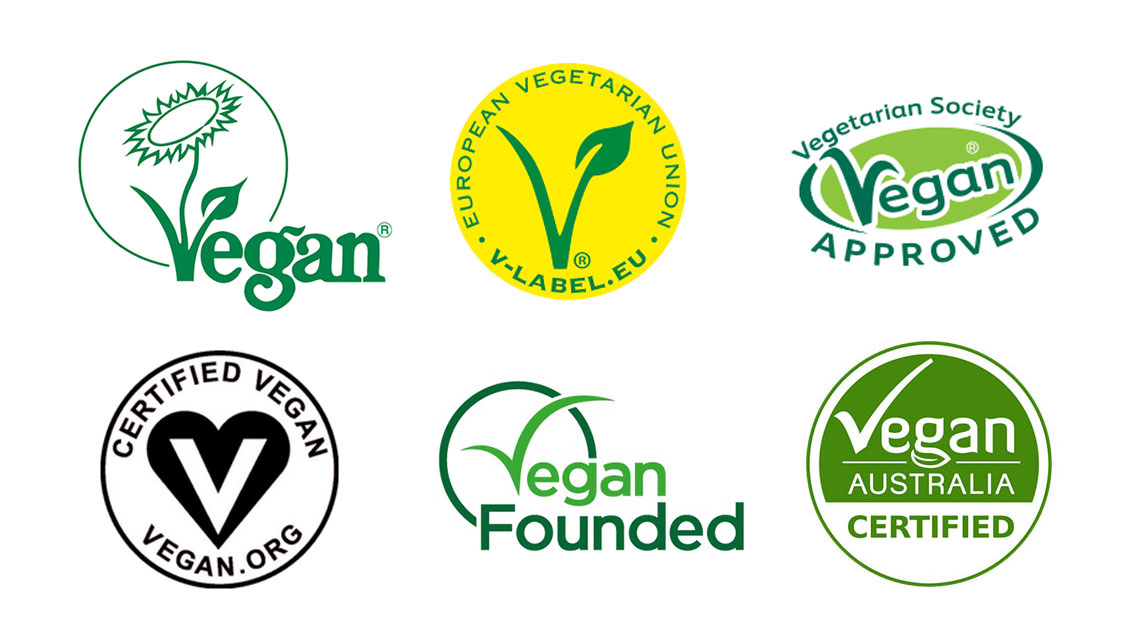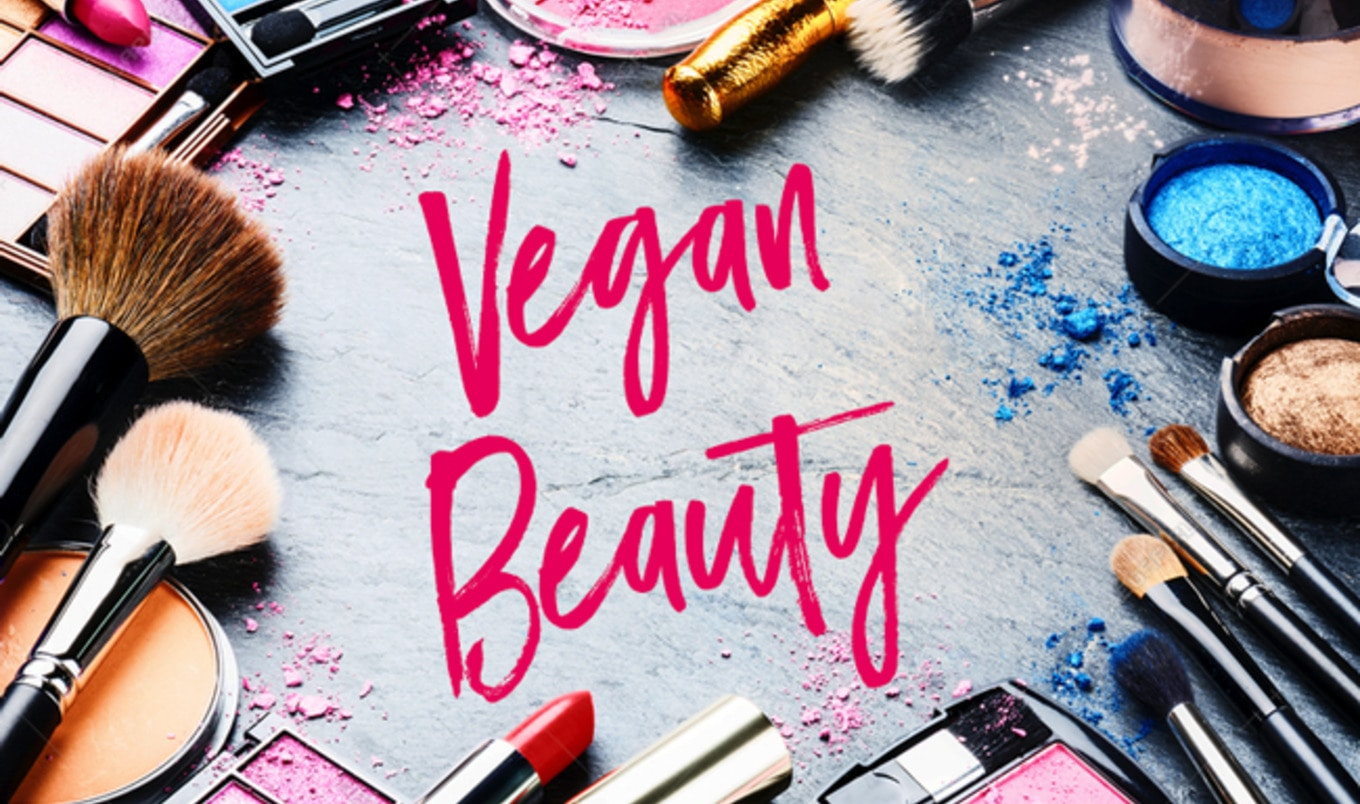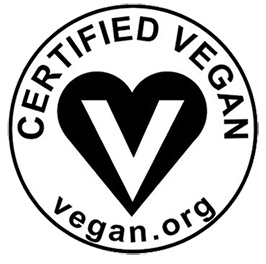FAQ About Vegan Makeup
FAQ About Vegan Makeup
Over the past five years, the supply of vegan cosmetics has grown by 175 percent with no signs of stopping. Vegan cosmetics are made without materials of animal origin or their traces. Conventional materials of animal origin, such as honey, beeswax, lanolin, collagen, elastin, etc., are replaced by materials derived from plants or minerals.
However, the word "vegan" does not mean that the product is 100 percent natural, organic, and/or not tested on animals. The label of "vegan" also does not guarantee that the product has an exemplary composition and won't cause an allergic reaction. Be sure that when you're choosing beauty products you're reading the ingredients list, not just the vegan label. Other notes in the fine print will have more information on whether the product matches your skin type and needs, how it was made, and if animals were used during testing.
Vegan cosmetics, considered a niche for a long time, have long been associated with simplicity and even inferiority. Many believed that vegan cosmetics may not be high quality, long-lasting, functional, and attractive. To disprove this theory, we collected some usual FAQ about organic beauty.
1. What are vegan makeup products made of?
A product that is vegan does not contain any animal ingredients or animal-derived ingredients. This includes, but is not limited to, honey, beeswax, lanolin, collagen, albumen, carmine, cholesterol, gelatin, and many others.

2. What's the Difference Between Cruelty-Free and Vegan Cosmetics?
To many, the term “vegan” also means that a product is free from animal testing as well. Because the term is not regulated, it is often used to simply note that a product does not contain animal ingredients. Items that are tested on animals can claim to be “vegan". This is a very important distinction because a vegan product is not necessarily cruelty-free.
For a product to be cruelty-free, there should be no form of animal testing at any point in the creation of a brands products. However, a product can be cruelty-free and not be vegan.
It's common for companies to not test the final product on animals, but to test it along the way or to use ingredients that have been tested on animals by a third-party.
“Required by law” animal testing is also common. This means that the finished products are tested on animals by a third-party to comply with various regional laws around the world. These products, no matter what the packaging says, are not cruelty-free.
3. What's the Difference Between vegan cosmetics and organic Cosmetics?
Vegan Cosmetics: Does not automatically imply that these product are of natural origin! Vegan cosmetics can contain several artificial components also found in conventional cosmetic products. The only difference is that vegan cosmetics do not contain substances of animal origin.
Organic Cosmetics: Searching for brands that use raw materials from controlled organic agriculture is a step in the right direction. However, the percentage of the ingredients used that stem from controlled organic farming is heavily dependent on the organic certification body. On the one hand Ecocert organic cosmetics requires the amount of raw materials obtained from plants to add up to 95%, whereas the product only requires 10% of its ingredients to be organic. On the other hand Austria Bio Guarantie stipulates that 95% of the ingredients used must be organic. Furthermore, it is important that all ingredients used stem from controlled organic farming, where possible. The exceptions being emulsifiers and preservatives. Practice caution: Organic cosmetics is not always vegan!
4. How to tell if cosmetics are vegan?
VEGAN LABELING & INGREDIENT LISTS
Start by scanning the product's label and packaging. Look for products that have the "Certified Vegan" logo. If the product is simply labeled "vegan" or "contains no animal ingredients" do not take that as a guarantee, read the full ingredient list and find out for yourself. Make good use of vegan/cruelty-free product lists that are easily found online, it's a lot easier to do research at home than trying to understand some of the unregulated terms used in packaging. PETA has a good resource for finding vegan personal care products.
COMMON ANIMAL DERIVED INGREDIENTS
There are some very comprehensive lists of animal by-products and all of their different names online, a quick google search should pull up a whole bunch of them (PETA has a very thorough list of animal derived ingredients) These lists can be a bit overwhelming for someone that's new to veganism, here are some examples of the more common ingredients to watch out for (not including the obvious such as “eggs”, “milk", “beef fat", etc.)
To add to the confusion there are many ingredients that can be plant based or animal based. For those ingredients you’ll often have to contact the manufacturer directly to find out where they source the ingredient from, or check online, someone else may have already found the answer.

5. What is the Certified Vegan?
Distributed and recognized globally, the Certified Vegan Logo is a registered trademark, similar in nature to the kosher mark, for products that do not contain animal products or byproducts and that have not been tested on animals. The certified logo is easily visible to consumers interested in vegan products and helps vegans to shop without constantly consulting ingredient lists. It also helps companies recognize a growing vegan market, as well as bringing the word Vegan- -and the lifestyle it represents- -into the mainstream. The Certified Vegan Logo is currently on thousands of products manufactured by over 1000 companies.

6. What is Certified Vegan Standards?
In order for a product to be approved for Vegan Certification, it must not contain meat, fish, fowl, animal by-products, eggs or egg products, milk or milk products, honey or honey bee products, insects or products from insects such as silk or dyes, or sugar filtered with bone char or be processed with any animal products or by-products.
Products may not contain or be sourced from leather, fur, silk, feathers, down, bone, horn, shell, wool, cashmere, shearling, angora, animal skin, suede, or mohair.
Sweeteners may not be filtered or processed with bone char.
Liquids such as beer, wine, maple syrup, and fruit juices may not be filtered, defoamed, or clarified with animal products.
Products must not have involved animal testing of ingredients or finished products by the supplier, producer, manufacturer, or independent party for any type of research whatsoever to include environmental safety, feed or nutrition trials, toxicity testing, or animal tests or trials "as required by law" to include third-party testing and may not be tested in the future.
Products may not contain any animal-derived GMO's or animal-derived genes used to manufacture ingredients or finished product.
In addition, companies must submit and have approved by the Vegan Awareness Foundation that acceptable steps are taken to thoroughly clean and sanitize all surfaces, vessels, utensils, and machinery used between vegan and non-vegan production cycles to minimize cross-contamination if shared machinery is used.

